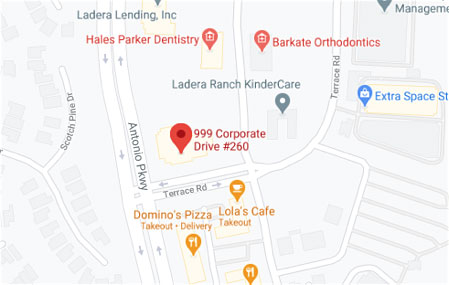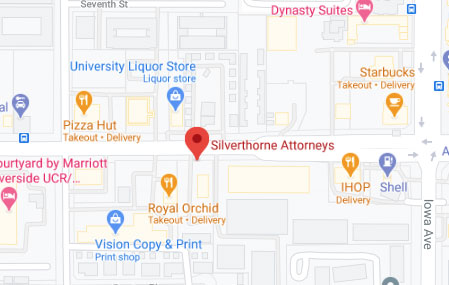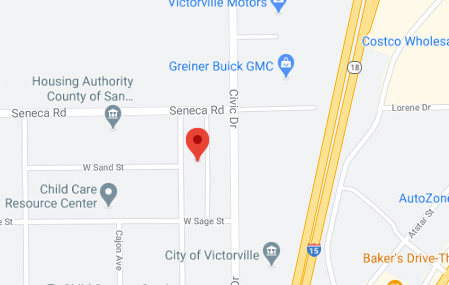Have you used or been around the use of Roundup? Have you also been diagnosed with non-Hodgkin’s lymphoma or another form of cancer which may be related to the product? If so, you may be entitled to compensation.
Since the product’s release in 1974, the manufacturer, Monsanto, has denied all claims that Roundup may cause cancer and communicated to agricultural workers and other people using the product that it is extremely safe. Monsanto even made the claim that the weed killer was less toxic than table salt. However, the World Health Organization has now designated the main ingredient in Monsanto’s Roundup weed killer, glyphosate, as a probable human carcinogen. This means that thousands of farmers, farm workers, gardeners, and landscapers who currently use or have used Roundup are at risk for developing certain types of cancer, particularly non-Hodgkin’s lymphoma.
Even more concerning is the fact that recent research has revealed that Monsanto has actually been aware of the link between the ingredients in Roundup and the development of cancer for several decades. Despite this, they have continued to claim the product’s safety by burying research that shows the carcinogenic nature of the weed killer, as well as proof of the company’s knowledge of the correlation between the product and the development of cancer.
As information regarding the product has become more available to the public, thousands of people have filed lawsuits against Monsanto, alleging that its weed killer product causes cancer. In fact, more than 4,000 complaints are currently pending with the majority of these claims being filed in states where agriculture is a large part of the economy and agricultural work is very common, such as Missouri, Montana, and Nebraska.
If you or someone you love used Roundup and has been diagnosed with non-Hodgkin’s lymphoma, you may have a viable case against Roundup’s manufacturer. If that is you, there are 5 things you should know.
1. What is Roundup?
Roundup is a popular weed killer whose primary ingredient is glyphosate and was developed in the 1970’s by Monsanto in response to the ban of DDT due to its harmful effects on the environment. In just a few decades, Roundup became the most used weed killer in American agriculture. In fact, about 185 million pounds of this product are used in America annually today.
2. What are the health concerns related to the use of Roundup?
Though the manufacturer of Roundup has consistently denied the claims that the product poses serious health risks, the research exposing the falsity of their denials is becoming increasingly well-known and acknowledged. The main ingredient in Roundup is called glyphosate, which humans can absorb into their bodies. This may cause several different types of cancers and also may increase the risk of developing cancer later in life, even if no cancer is developed at the time of exposure to Roundup. The most common types of cancers caused by this compound includes non-Hodgkin’s lymphoma, leukemia, and myeloma.
3. Who is at risk of the health concerns related to the use of Roundup?
Anyone who has used the product, been around the use of the product, or consumed food or water contaminated by the product may be at risk of the health concerns related to the use of Roundup, including the development of certain types of cancers. While those using Roundup may be at the highest level of risk, pesticides can spread throughout the surrounding area through humans and animals, water runoff, and even the wind. Furthermore, if the pesticide was dispersed by being dropped from the air by way of airplane, that method leads to a wider radius than if the product were spread on the ground.
Perhaps the most concerning way most people are exposed to this pesticide, especially those not involved in agricultural work, is through consumption of food and water which has been exposed to Roundup. This may include produce which was grown in fields where Roundup was used or even through water which originates from or runs through rural land where the pesticide was used.
4. Has anyone been successful in suing Roundup’s manufacturer Monsanto?
There have been several successful claims against Monsanto, alleging that Roundup is carcinogenic and was a main factor in the consumers’ development of cancer, such as non-Hodgkin’s lymphoma. While juries are not tasked with determining whether or not Roundup causes cancer, they are instead asked to decide whether Monsanto understood the product’s risks and whether or not they failed to adequately warn consumers about the dangers.
5. I’ve been diagnosed with non-Hodgkin’s lymphoma and I believe it is connected to the use of Roundup. What do I do next?
If you have been diagnosed with cancer, such as non-Hodgkin’s lymphoma, leukemia, or myeloma, and you believe there is a correlation between the development of this cancer and your use or exposure to Roundup weed killer, you may have a case against Monsanto, the manufacturer of Roundup.
In order to protect yourself and recover the compensation you are entitled to, you should consider hiring a knowledgeable, experienced, and passionate products liability attorney. She or he will be able to explain your rights, help you navigate the often confusing and overwhelming legal system, argue your case in court, and bring about the best possible outcome for you.
Entrust Your Case to an Injury Expert
Here at Silverthorne Attorneys, we believe in integrity and honesty. We believe that manufacturers should be held accountable for their wrongdoings and we work hard to bring about justice for our clients. Our attorneys have years of experience working in products liability law and are committed to seeing your case through to the end, fighting tirelessly for your best interests. By choosing to work with us, you are choosing the best for yourself and your case. Our legal professionals will happily meet with you to discuss the specifics of your case, answer your questions about the process of filing a claim, and walk you through how to get started. Call us today at (949) 234-6034 to schedule a consultation.












